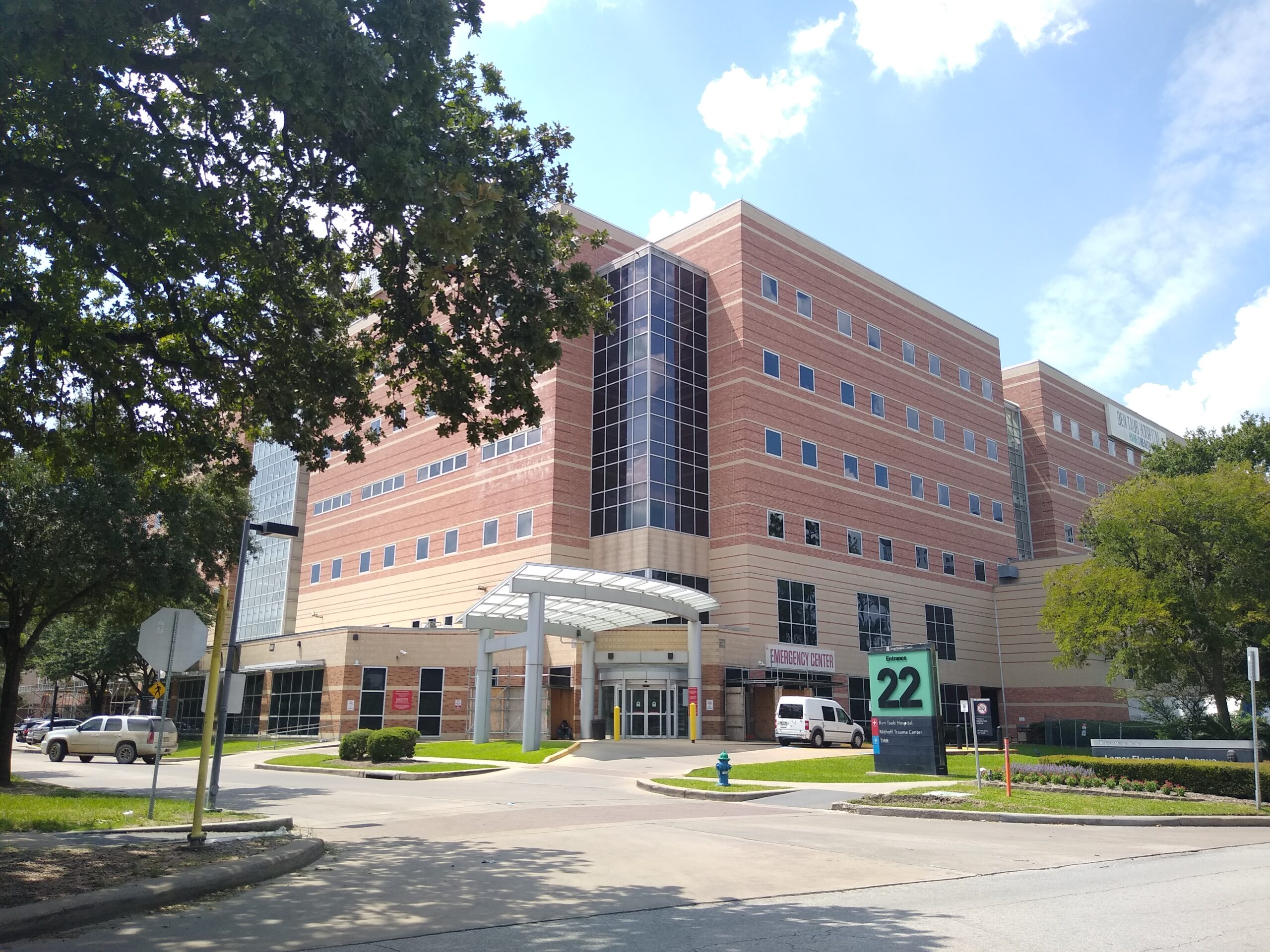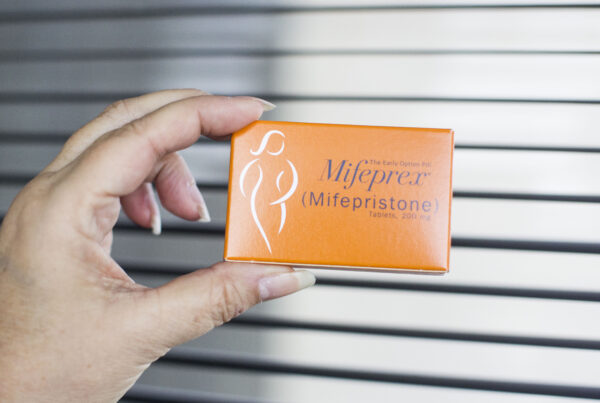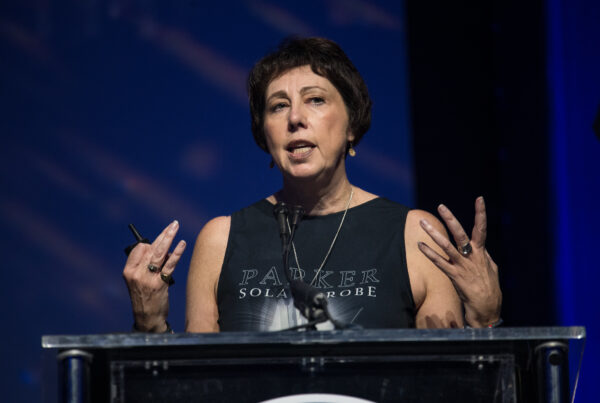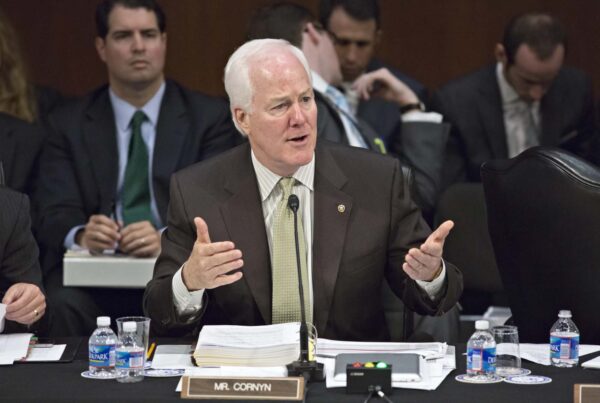In the United States, the cost of healthcare can be a huge source of stress – an illness or an unexpected medical bill can throw a person’s finances in disarray. That’s especially true here in Texas, which has the largest population of uninsured people in the country.
It’s a complicated issue that lawmakers have tried to address in different ways, and have found many points to disagree on. But there may be an example in Houston that could provide a path forward.
Dr. Ricardo Nuila, professor at Baylor College of Medicine, draws on his experience at Houston’s Ben Taub Hospital in his new book The People’s Hospital: Hope and Peril in American Medicine. He joined the Standard to talk about what he learned working at the medical center. Listen to the story above or read the transcript below.
This transcript has been edited lightly for clarity:
Texas Standard: You know, maybe a good place to start is with Ben Taub. For those familiar, tell us a little bit about Ben Taub.
Dr. Ricardo Nuila: Ben Taub is a public hospital in Houston, Texas. It’s funded by taxpayers in Harris County, and it’s a safety net hospital so people can visit it even if they don’t have health insurance. It’s also a teaching hospital for Baylor College of Medicine.
Is it really unique in Texas, or what about other other parts of the country, for that matter? I mean, how would you place it there?
There are other hospitals like it, like Parkland Memorial Hospital, and there are other health care facilities – safety net systems – in the state, like in San Antonio and in El Paso. What’s specific about Ben Taub is that it arose from a hospital called Jefferson Davis Hospital, and it was a voter initiative – a referendum – that allowed Ben Taub to become a public health care system for the city.
So how much or to what extent did your experience at Ben Taub inform your decision to write this book and what you talk about in this book?
Well, I think it’s integral to the book. I started off wanting to write about health care. I didn’t know how. And at that time, when I was a medical student and resident, everybody around me would say, “somebody should write a book about Ben.” I had no idea how that would happen, but I had to think a lot about it. I had to think about the patients that I encountered and their stories. And it took a long time to think about the structure of a book in order to convey those stories into the ideas that are presented in the book.
But when Ben Taub’s mission is largely sort of a point of last resort for many patients – and I would imagine doing a lot of triage – is it a model for other health care providers going forward? And to what extent would it be?
I think that the initial concept was that it would be a triage, but what’s grown out of it is a model because in order to prevent more and more triage, the system has decided to put primary care clinics out in the city. And that’s been going on for decades now. And so the model is to have a health care system so that people don’t have to rely on going to the emergency room. And that is what’s innovative about it.
Are we talking about a vision for health care that would largely rely on sort of a publicly funded – not a nonprofit per se, although I presume it would be nonprofit – but a publicly funded health system built around a sort of model, as you’re describing?
Yes, that’s what I think is what Ben Taub can give to the health care debate, is that this is a model of health care that’s publicly funded and what that means is that it’s directly distributed to people at the county level, which means that instead of going through an intermediary – a middleman like insurance – the health care is delivered directly to patients who need it. And that reduces costs enormously. Costs are an enormous burden in health care, and it’s one of the reasons why a lot of people lack access. And so one of the things that the book tries to do is to demonstrate what that direct care does in terms of knocking down the price of health care.
I think I can see the argument for knocking down price, but as I’m sure you’re aware, doctor, a lot of people think, “well, Americans, when they can afford it, have the best health care in the world.” And you look at National Health Service (NHS) in England, for example, which is a publicly funded system as you’re describing, and you do have the elimination of those inefficiencies and those inequities at one level. But there is the argument that this also tends to act as a resister to innovation. What do you say to people who sort of would make a comparison with something like the NHS or socialized medicine?
Yeah, I think a couple of points. First is, is that I don’t necessarily think that they’re mutually exclusive. I think that a public health care system could give basic health care to everybody, and that a private system could still exist and possibly even compete with the public health care system for patients. Imagine somebody who’s 22-years-old and is a worker and in our system right now has to purchase health insurance. But maybe if the basic level of health care was available, then the private side would have to compete for that person’s business and perhaps lower costs in order to do so.
The other side of it is, is that I think that what Americans really don’t realize is how much waste is involved in health care in general. And so we might think that a lot of the health care that we receive is necessary, but a lot of it is actually excess. You can point to antibiotics that are used, that are pricier than other antibiotics that can be used. And so I think that there’s no doubt that innovation happens in the American system and it’s a good thing. But I also think that there’s ways to cut down on that waste. And I think public health care could be a good guide forward for that.













